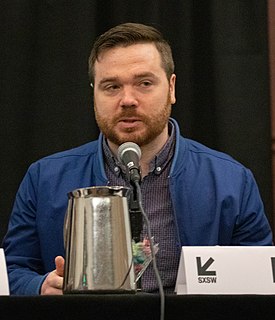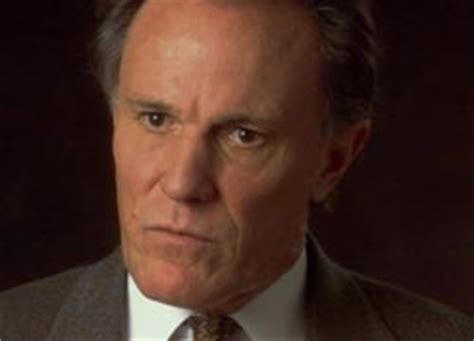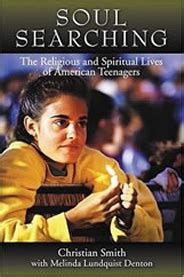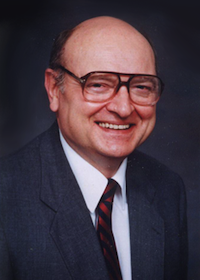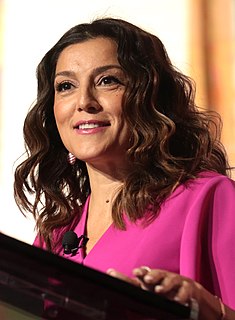A Quote by Kevin Roose
I think we're seeing in the wake of the last election that evangelicals - especially young evangelicals - are no longer inextricably linked to the Republican party. Even at Liberty, there's now some ideological diversity with respect to politics. Last fall, I saw a Facebook group called "Liberty Students for Obama." It had 4 or 5 members, but still...
Related Quotes
That has been one of the pleasant surprises of my semester - finding that some of my Liberty friends are still my friends, even though they now know where I stand on social and political issues. These aren't cloistered idealogues, for the most part. They have liberal and non-religious friends. I think they're much more compromising than the evangelicals of a generation ago.
I think that the Democratic Party has been ill served by identity politics. I think that ironically evangelicals have now bought into the same mistake. They have discovered allies in the white supremacist movement. I think this is a heavy price to pay and will in the end accelerate the departure from religion by young people.
It's just like when Trump made his speech, his commencement speech at Liberty University, I saw something that I've never seen. ABC News was there, and they're running around asking the parents of students at Liberty University what about Donald Trump they don't like. Are you upset that Trump is here? Do you ever remember any such reporting at an Barack Obama or Michelle Obama commencement? Of course not. And Trump was loved and adored at this thing, and he had some great things to say.
There is not a truth to be gathered from history more certain, or more momentous, than this: that civil liberty cannot long be separated from religious liberty without danger, and ultimately without destruction to both. Wherever religious liberty exists, it will, first or last, bring in and establish political liberty.
The issue of religious liberty is absolutely critical. America was founded on three different types of liberty: political liberty, economic liberty, and religious and civil liberty. It's remarkable that, one-by-one, these strands of liberty are coming under fierce attack from the Left. And that's particularly ironic because "liberal" derives from a word which means "liberty," the free man as opposed to the slave. This liberalism which we're saddled with today isn't a real liberalism at all, but a gangster style of politics masquerading as liberalism.
